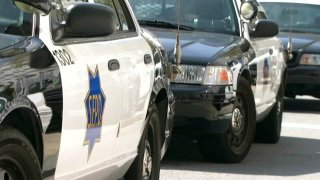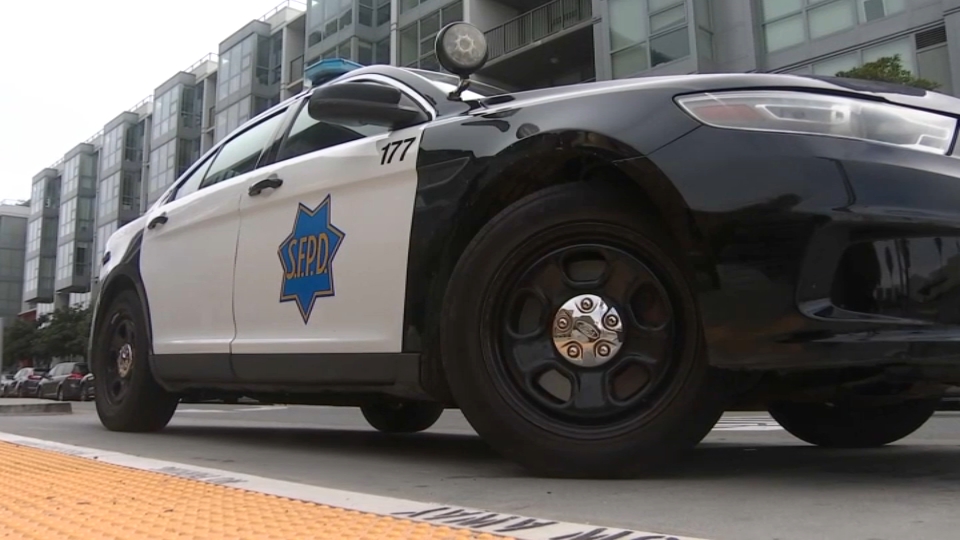
Supervisors in San Francisco approved legislation prohibiting police from storing DNA obtained from rape kits and other crime scene evidence in city-run databases for more than 60 days.
Tuesday's vote was unanimous and comes two months after San Francisco's district attorney disclosed that San Francisco police used a sexual assault victim’s DNA in 2016 against her in an unrelated 2021 property crime case. The revelation by DA Chesa Boudin prompted a national outcry among law enforcement, legal experts, lawmakers and advocates of sexual assault victims.
Supervisor Hillary Ronen, who introduced the legislation, said there were no local laws regulating the storage or use of DNA profiles in local police databases, the San Francisco Chronicle reported Tuesday. Victim samples cannot be uploaded to state and federal DNA databases, which are more tightly regulated, and the legislation does not apply to those databases.
“The fact that the police department’s crime lab has been storing and using victim’s physical evidence against victims came as a shock to most of us in the city,” Ronen said.
The department stores DNA information in what they call a quality control database in order to ensure samples are not contaminated. The department has said it stopped the practice.
Police chief Bill Scott told police commissioners in March that he'd discovered 17 crime victim profiles, 11 of them from rape kits, that were matched using a crime victims database during unrelated investigations. He said at the time he believes the only arrest was that of the woman whose rape kit DNA was used against her in the 2021 property crime case. She plans to sue the city.
“We must never create a disincentive for sexual assault survivors — or any crime victim — to cooperate with police,” Scott said in a previous statement.
Get a weekly recap of the latest San Francisco Bay Area housing news. Sign up for NBC Bay Area’s Housing Deconstructed newsletter.



